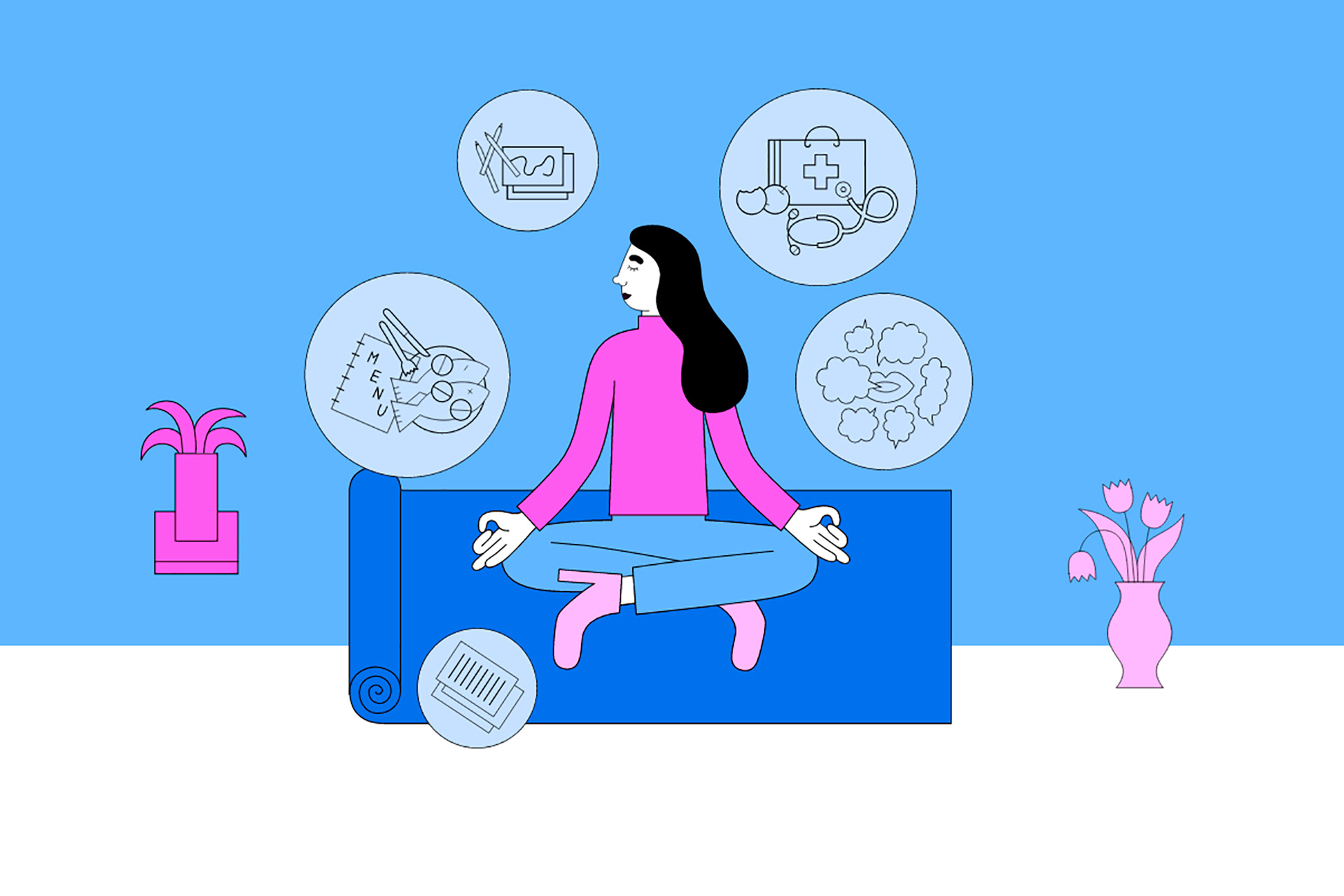„Creating a healthy spin on peer pressure.“
Background
Today’s youth are digital natives and with that comes constant exposure and influence to unhealthy and negative forms of peer pressure.
Problem
Today and generations of digital natives of the future are judging their own popularity and self-worth on how many “likes” and comments they receive on social posts.
As if it wasn’t hard enough growing up and trying to keep up with society’s expectations and peer pressure, now social media platforms are opening the door to increased vulnerability, self-consciousness, and social comparisons.
People share what turns out to be “post-worthy” because they seek validation via likes or comments. The feeling of acceptance and belonging has begun to be determined by likes and views on different platforms. These “likes” are stimulating the reward circuitry in the brain. This is the same group of regions responding when we see pictures of a person we love or when we win money. With most biological reward systems, this keeps users coming back for more, similar to behavioral addictions. So yes, in a way, today’s youth are addicted to being perceived as popular. Conversely, if posts do not receive the sought-out attention, this can lead to feelings of rejection, isolation, and even animosity. This huge swing of emotions has led to high rates of anxiety and depression.
Where is their freedom to self-explore? How can they try out and learn while feeling safe and protected? With a future of the quantified self and the perfect option always available, how can overcome negative feels when they don’t choose the perfect option? What the world sees today on social media is the perfect pre-gym selfie, the perfect hair, the perfect couple. And we are (consciously or unconsciously) comparing ourselves to this.
Actual Challenge
If spending time on social media is causing stress, the usual advice is to unplug. And while that’s good advice, it’s not very realistic advice, especially for teenagers, who do a huge amount of their socializing online. This adolescent socializing is more important than it looks. Teenagers are still figuring out their place in the world, and it is often through their relationships that they begin to make sense of their identity.
It isn’t in their interest to stop using social media entirely. But finding a way to have healthy relationships and a healthy self-esteem while still using social media is. So how can we create a solution that has the same effect than quantified “likes” have but without negatively pressuring them? How do we get the confidence to post what we really like to share?
